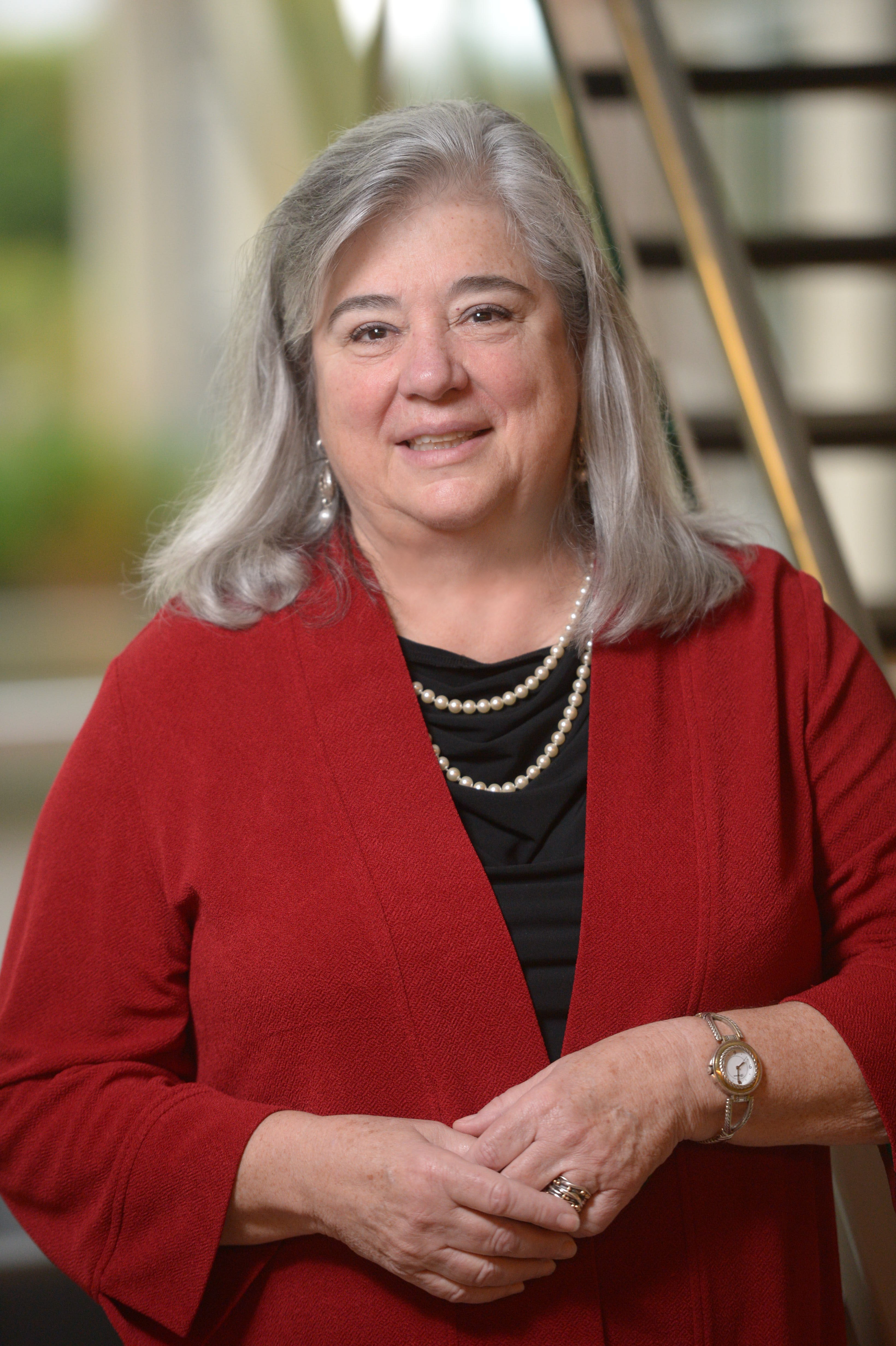
While awaiting the arrival of Hurricane Florence last month, I took the opportunity to purge the proverbial closets. One contained dozens of VHS tapes. I had no need to keep most of them, but one caught my attention. “Focus: Specialty Nursing” was produced by the National Nursing Network.
The video referenced how changes in the healthcare system were resulting in increased nursing specialization and a growing number of specialty nursing organizations. Leaders of specialty nursing organizations who were attending the National Federation of Specialty Nursing Organizations (NFSNO) annual meeting were interviewed. The tape is not dated, but I am guessing it was produced in the late 1980s because Deborah Mayer, PhD, RN, AOCN®, FAAN, ONS president from 1987–1989, discussed oncology nursing.
What struck me in the video was not what has changed (e.g., hairstyles, clothes, glasses) but what hasn’t changed and what was in infancy then but is fully matured now. For example, certification was called a new trend, fad even, but it was expected to grow. Our Oncology Nursing Certification Corporation (ONCC) has its roots in the 1980s and today offers eight oncology specialty exams and manages testing for the ONS Chemotherapy/Biotherapy courses. Today, more than 39,000 nurses are oncology certified through ONCC. Certification credentials, then and now, are a public validation of a nurse’s knowledge, competence, and commitment to lifelong learning.
At the time of the video, NFSNO had approximately 30 specialty organizations. It no longer exists, but today’s Nursing Organization Alliance contains 60 groups. What united the NFSNO member organizations were issues of mutual concern such as certification, nursing’s public image, collegial relationships, and the future of nursing, particularly public policy. Those issues also unite the nursing community today, especially policies that impact nursing. Specialty organizations know that a united voice on policy issues is essential. For example, when ONS holds Hill Days or ONS leadership makes visits, we advocate for support of nursing as well as cancer care issues
I think many if not all of you would agree with Mayer’s comments from 30 years ago. She described the rewards of working with people who have cancer; the high-tech, high-touch environment of cancer care; and the team approach to caring for patients with cancer. She also noted that unlike other specialties that had tense collegial relationships, oncology healthcare professionals were more cohesive. She attributed that to the medical and nursing specialties growing up together.
We hear much about incivility in the work environment today, but like Mayer, I believe that cancer care is a team effort; each profession deserves respect and recognition. As your professional organization, our allegiance is to oncology nursing and that includes advocating for your practice and role in the complex cancer care system. I appreciate your allegiance to the specialty by your continued membership and contributions to ONS and ask you to invite colleagues to join ONS. To paraphrase one of the interviewees, the ultimate beneficiary of your membership in ONS is your patient.





